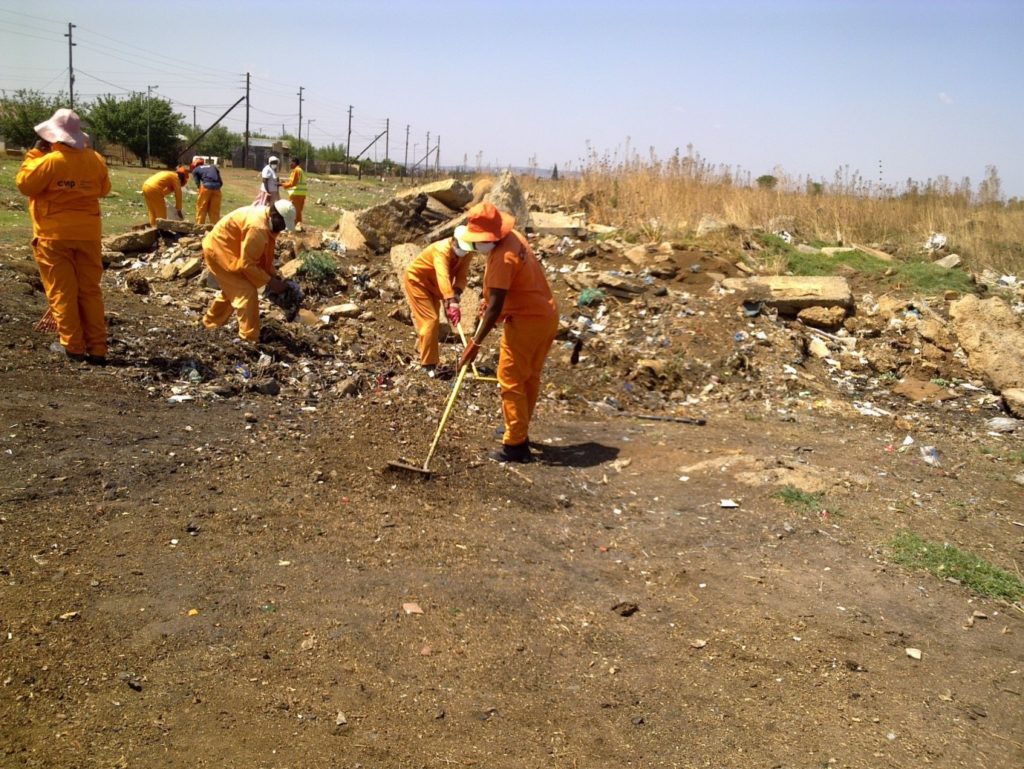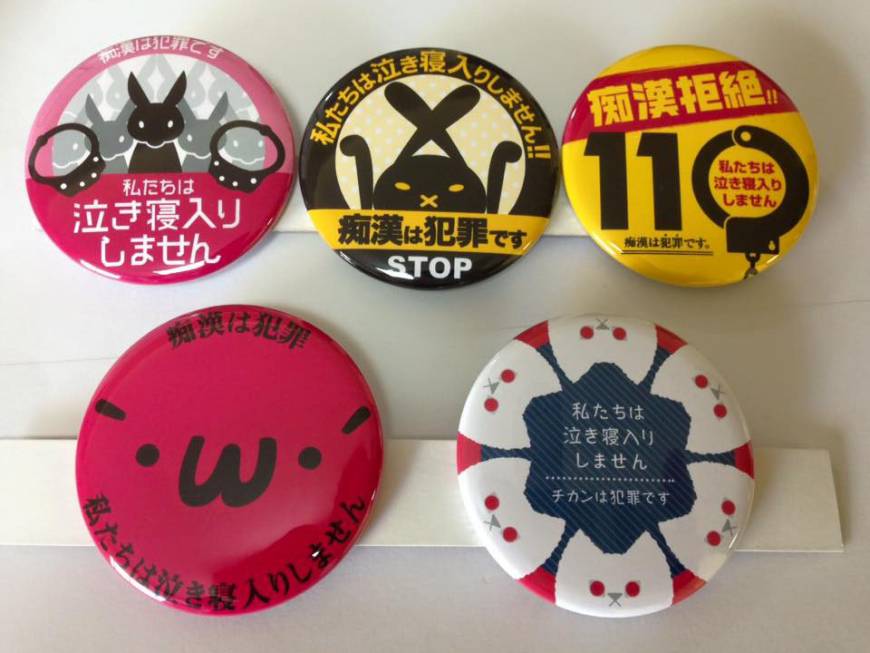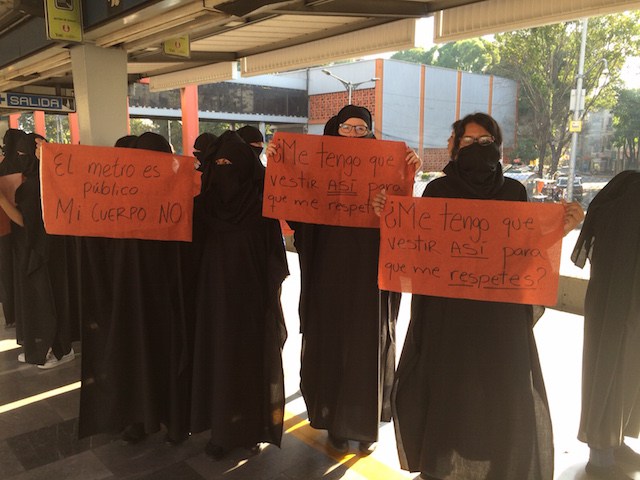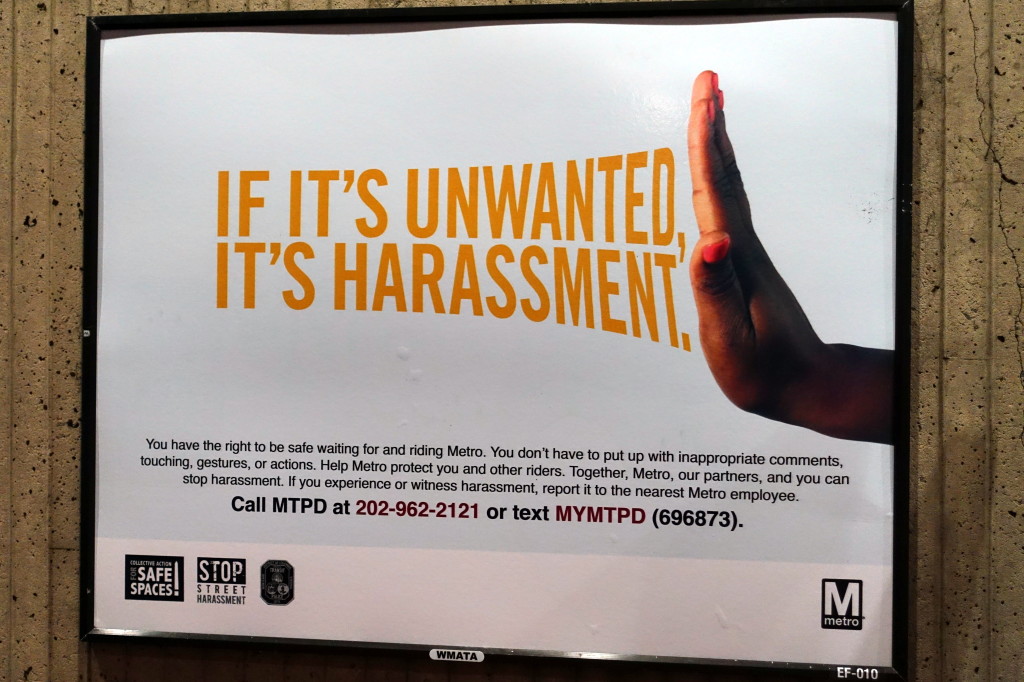Nyasha Joyce Mukuwane, Johannesburg, South Africa, SSH Blog Correspondent

 Abusive male passengers and taxi drivers can make riding public transport in Johannesburg a harrowing experience for a woman. More often than not, a woman faces harassment or sexual abuse aboard a taxi. Taxi drivers and the queue marshals have a notorious reputation for this and there have been many recorded and unrecorded incidents of verbal abuse, harassment, physical violence, sexual assault and rape of girls and women whilst using taxis. One lady spoke to me about how some men thought it funny to poke her breast and how paralysed with fear she felt as she could not stand up and leave the taxi. The other passengers simply looked on and ignored that she was being harassed.
Abusive male passengers and taxi drivers can make riding public transport in Johannesburg a harrowing experience for a woman. More often than not, a woman faces harassment or sexual abuse aboard a taxi. Taxi drivers and the queue marshals have a notorious reputation for this and there have been many recorded and unrecorded incidents of verbal abuse, harassment, physical violence, sexual assault and rape of girls and women whilst using taxis. One lady spoke to me about how some men thought it funny to poke her breast and how paralysed with fear she felt as she could not stand up and leave the taxi. The other passengers simply looked on and ignored that she was being harassed.
Fortunately, there is a new campaign to change this.

 Sonke Gender Justice is a NGO working across Africa to strengthen government, civil society and citizen capacity to promote gender equality, prevent domestic and sexual violence, and reduce the spread and impact of HIV and AIDS. On the 17th of August 2016, they partnered with the South African National Taxi Council (SANTACO), with support from the Danish Embassy, to launch the Safe Ride campaign. The goal of the campaign is to prevent and respond to the abuse of women and girls at the hands of taxi personnel, including drivers and queue marshals.
Sonke Gender Justice is a NGO working across Africa to strengthen government, civil society and citizen capacity to promote gender equality, prevent domestic and sexual violence, and reduce the spread and impact of HIV and AIDS. On the 17th of August 2016, they partnered with the South African National Taxi Council (SANTACO), with support from the Danish Embassy, to launch the Safe Ride campaign. The goal of the campaign is to prevent and respond to the abuse of women and girls at the hands of taxi personnel, including drivers and queue marshals.
The Johannesburg launch of the campaign was the beginning of a year-long programme that will traverse the country to educate the taxi community about how they can help prevent and stop harassment and sexual violence against women and children. Over the next year, supported by funding from the Danish Embassy, the Safe Ride campaign will host events with taxi drivers, queue marshals and commuters in all nine provinces. They are also planning a few three day intensive training sessions for drivers and their assistants on gender-based violence, how to report such incidents and where survivors can go to for help.
This is one of the most innovative campaigns in Johannesburg to challenge patriarchal beliefs, change the way that taxi drivers deal with street harassment, and promote active citizenry against street harassment.
Nyasha is the public awareness coordinator at the Nisaa Institute for Women’s Development in Johannesburg, South Africa, where the main goal is counselling and sheltering survivors of domestic abuse. She has edited two books by survivors that are available to download for free from the website www.nisaa.org.za.




